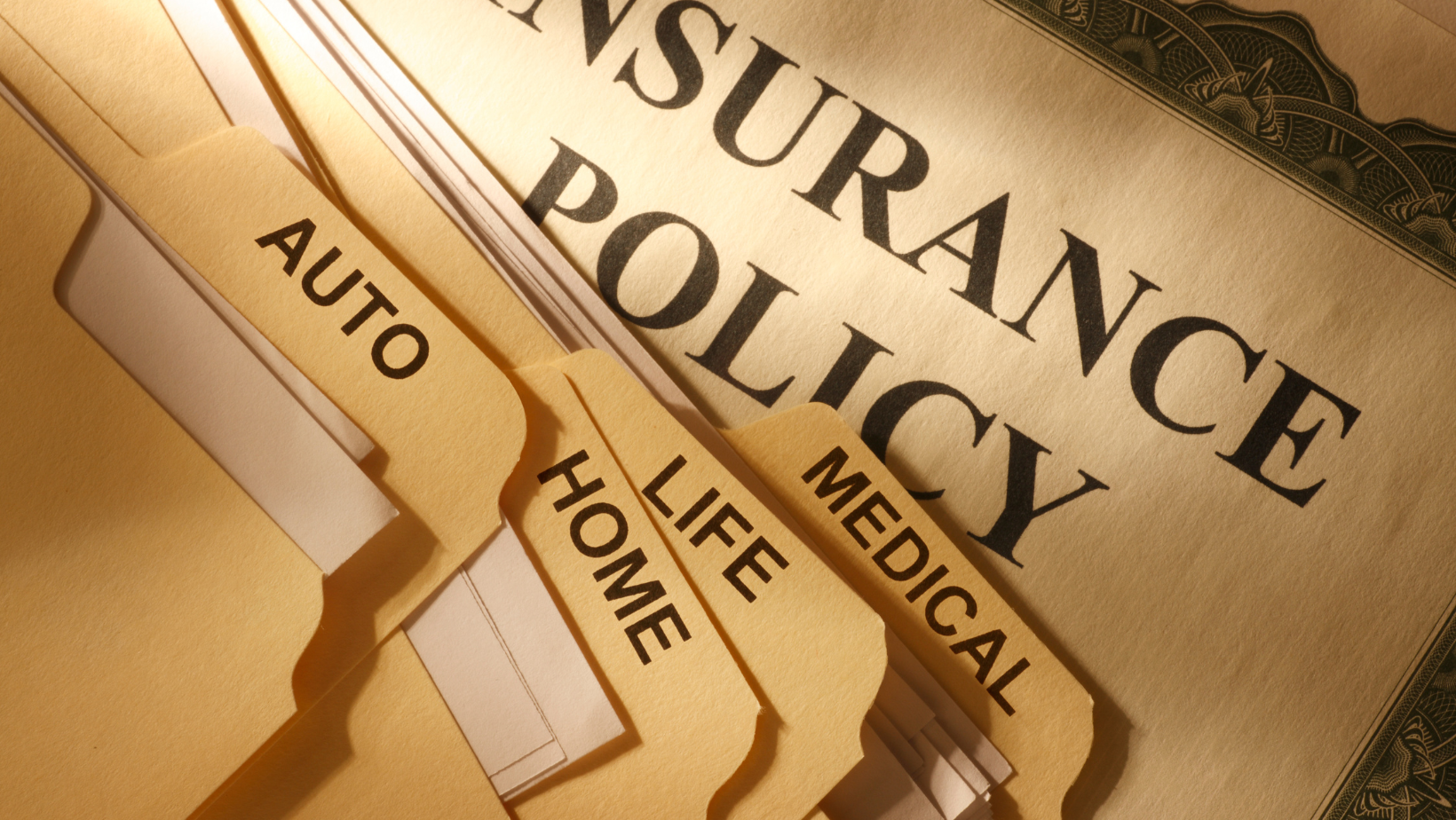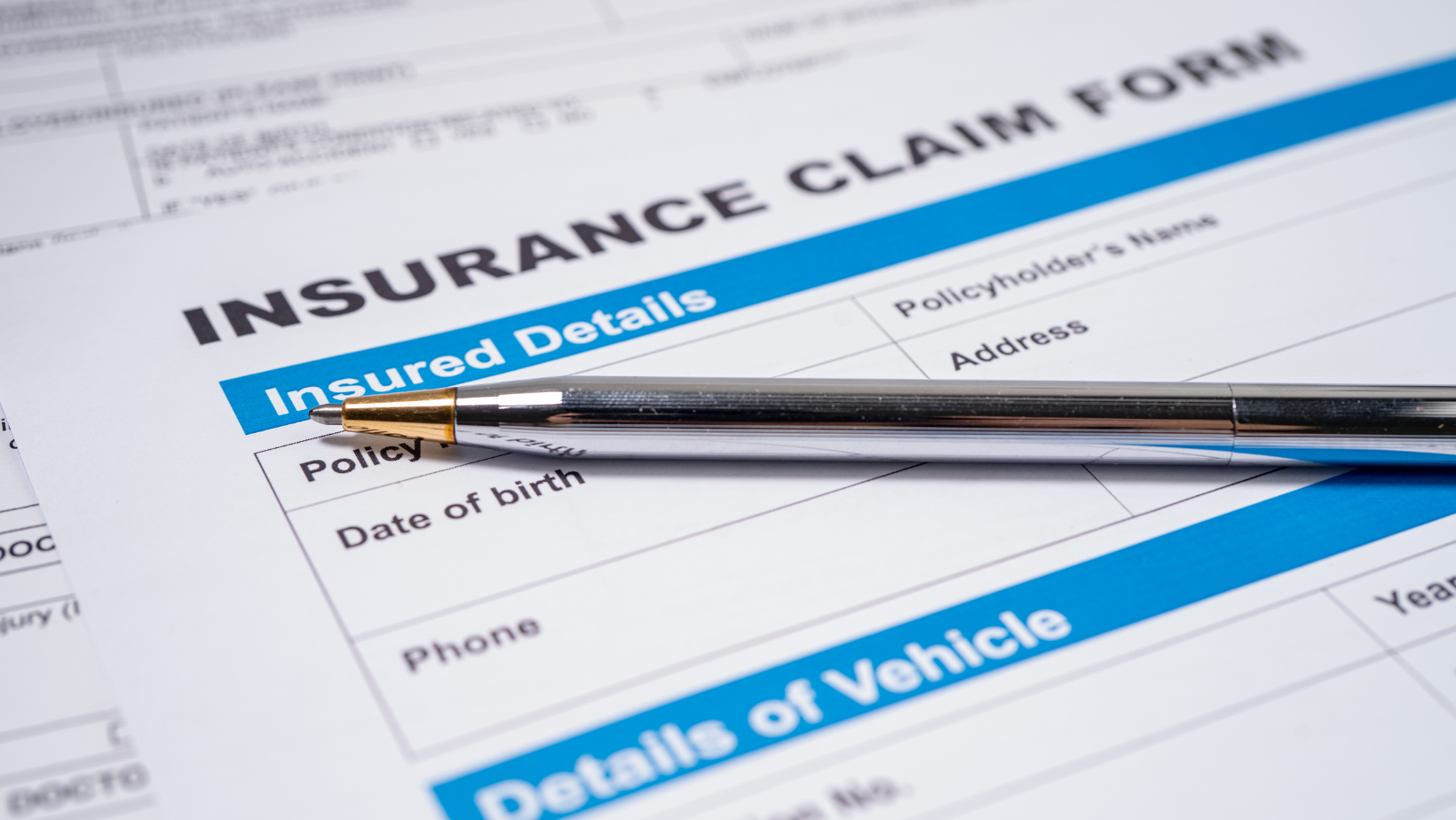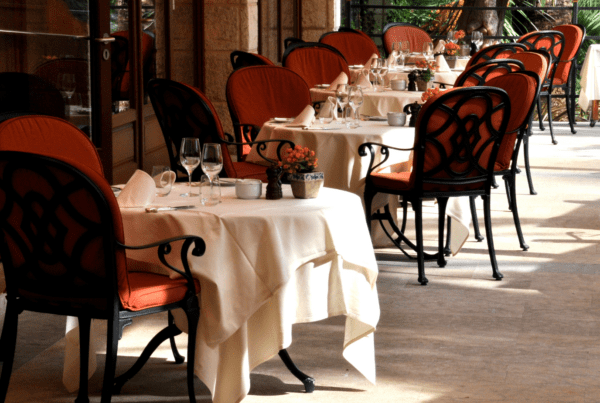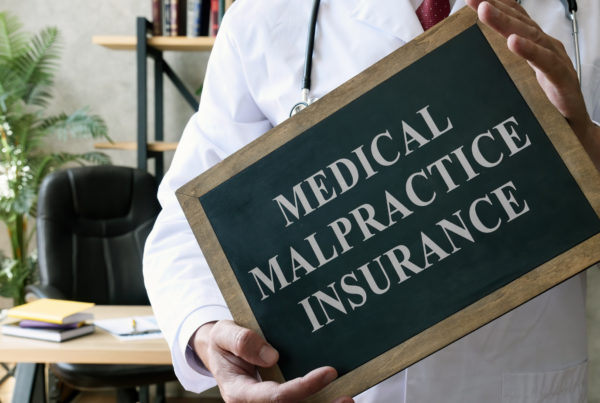
Running a restaurant can be a satisfying but challenging endeavor, with many elements to consider for successful operation. One crucial component often overlooked is the necessity for comprehensive insurance coverage. Like any business, a restaurant is exposed to various risks – from employee injuries and foodborne illnesses to property damage and legal liabilities.
Proper management is crucial to avoid significant financial losses in various scenarios. To safeguard your investment and ensure business continuity, it is vital to understand the necessary insurance coverage for your restaurant operation. This article explores the types of insurance that are essential for any restaurant. Whether you currently own a restaurant or aspire to open one, read on to familiarize yourself with the benefits of restaurant insurance and how it can protect your business from unexpected mishaps.
Understanding Business Restaurant Insurance
A restaurant insurance policy is a unique blend of policies designed to protect a restaurant against various risks associated with its operations. It’s not a standardized policy but a tailored suit of different coverage plans that cover specific risks. For instance, general liability insurance is a cornerstone policy that protects against third-party claims for injuries or damages on your premises. Let’s say a customer slips on a wet floor in your restaurant and sustains injuries.
General liability insurance would cover this incident’s legal and medical fees. Workers’ compensation insurance, another vital coverage, protects your employees in case they’re injured or fall ill due to work-related activities. If a chef gets a severe burn while preparing a meal, this policy would cover medical costs and lost wages. These are just two examples of the multiple insurance policies that, when combined, make up the comprehensive coverage needed for a restaurant. Let’s take a more in-depth look at some essential restaurant insurance types.
Types of Insurance for Restaurants
Gaining a comprehensive knowledge of the insurance requirements for restaurants can assist you in selecting the appropriate coverage for your business. Below are some types of restaurant business insurance that every restaurant owner should consider investing in to protect their business from potential financial losses.
Commercial Property Insurance
Property insurance is paramount, as it provides coverage for damage to the physical location and equipment of the restaurant, whether leased or owned. This includes the building structure, kitchen equipment, furniture, and inventory. Remember, restaurants are vulnerable to various risks, such as fire, theft, vandalism, or natural disasters, which could significantly damage your property.
For instance, if a fire breaks out in the kitchen and causes substantial damage to your restaurant, affordable insurance can help cover the costs to repair or replace the damaged equipment and facilities. This insurance can also cover lost business income during restoration if your policy includes equipment breakdown coverage. Thus, property insurance acts as a safety net, keeping your business operations afloat in the face of unexpected adversities.
General Liability Insurance
General Liability Insurance, often called ‘business liability insurance,’ is one of the most vital forms of protection for any establishment, including restaurants. This type of insurance safeguards your restaurant against lawsuits and other financial liabilities resulting from accidents, injuries, or other mishaps involving third parties within your business premises. For example, suppose a client falls over a loose rug in your dining area and suffers a broken arm.
In this case, the injured party may sue your restaurant for medical expenses, lost wages during recovery, and possibly even pain and suffering. General liability insurance comes into play here, covering legal defense costs, settlements, and any awarded damages, shielding you from hefty out-of-pocket costs. Without this essential coverage, even a minor incident could result in significant financial distress, possibly leading to the closure of your restaurant.
Liquor Liability Insurance
If your restaurant serves alcoholic beverages, liquor liability insurance is a must-have policy. This specific insurance type provides coverage if your establishment is held responsible for damage or harm caused by intoxicated customers. It’s not uncommon for restaurants to face lawsuits due to drunk patrons causing accidents, property damage, or injuries to themselves or others, both on and off the premises. Liquor liability coverage aids in managing legal fees, settlements, or medical costs associated with such incidents.
For instance, if your food and beverage business serves a customer who becomes heavily intoxicated, leaves your establishment, and causes an accident while driving, you could be held liable. Liquor liability insurance can help protect your business from the significant financial setbacks that could result from such situations. This coverage may also include legal defense costs in case of a lawsuit related to your restaurant’s sale of alcoholic beverages.
Workers’ Compensation Insurance
Workers’ Compensation Insurance is a mandatory type of coverage in most states. This policy takes care of your employees’ medical expenses and a portion of lost wages if they become injured or ill due to their job duties. In a restaurant setting, where the risk of workplace accidents such as burns, cuts, and slips is relatively high, having a workers’ compensation policy in place is essential.
For instance, if a cook gets injured while chopping vegetables in the kitchen, this food liability insurance program can cover their medical bills and lost wages during recovery. Workers’ compensation also protects employers from being held liable for workplace injuries, as employees who accept workers’ compensation benefits typically waive their rights to sue their employer for damages related to the injury. This coverage can benefit restaurant owners and employees, providing peace of mind and financial protection in case of unfortunate events.
Business Auto Insurance
Business Auto Insurance is specifically designed to cover vehicles owned, leased, or rented by your restaurant. This commercial auto coverage is essential if your restaurant offers food delivery services or uses a vehicle for business-related tasks. It protects physical damage and liability coverage for accidents involving business-owned vehicles.
For instance, if a delivery driver is involved in a traffic accident while delivering an order, business auto insurance can help cover vehicle repair costs, medical expenses, and any liabilities if your driver is at fault. Without this type of insurance, the financial burden of an accident could fall entirely on the business, potentially leading to substantial financial setbacks. Always remember, a personal auto insurance policy will not cover vehicles used for commercial purposes, making business auto insurance a necessary coverage for restaurants offering delivery services.
Employment Practices Liability Insurance
Employment Practices Liability Insurance (EPLI) is a relatively new type of coverage, but it’s becoming increasingly crucial in today’s litigious society. This policy protects your restaurant from legal claims about inappropriate employment practices, including discrimination, harassment, wrongful termination, and other workplace violations.
For example, if an employee files a lawsuit against your restaurant business, claiming discrimination based on race or gender, EPLI can cover legal defense costs and potential settlements. Lawsuits like these can be costly and damaging to a restaurant’s reputation, making EPLI an essential safeguard against such risks.
How Much Does Restaurant Insurance Cost
Knowing how much restaurant insurance costs is essential for any business owner. The average cost of restaurant insurance can vary greatly depending on the type and size of your establishment, location, and coverage needs. On average, a small restaurant can expect to pay anywhere from $200 to $1000 monthly for insurance.
Factors You Should Consider When Choosing Restaurant Insurance
You should consider key factors when selecting the right insurance coverage for your restaurant. These include:
Size and Type of Restaurant
The size and type of your restaurant play a significant role in determining the kind of insurance policies you will need and the corresponding coverage limits. For example, a large upscale restaurant with a full-service bar, live entertainment, and high foot traffic will likely need more comprehensive coverage than a small café or a food truck. Larger establishments might require higher cyber liability insurance limits, additional liquor liability coverage, and even special event insurance for live performances.
Conversely, a small takeaway joint may primarily need basic general liability, property, and workers’ compensation coverages. On the other hand, a food truck business, with its unique set of risks associated with mobility, might require specialized coverage that includes restaurant liability insurance and coverage for equipment breakdown or food spoilage. By understanding your restaurant’s unique needs based on size and type, you can better navigate the insurance market and secure the best coverage for your situation.
Location and State Laws
Your restaurant’s location and the state’s laws in which it operates can greatly influence your insurance needs. Different regions may have varying risk levels for natural disasters like floods, earthquakes, or hurricanes, which could necessitate additional restaurant insurance coverage. Furthermore, specific state laws may dictate the minimum requirements for insurance policies such as workers’ compensation or liquor liability.
For instance, in some states, even small businesses with a few employees must carry workers’ compensation insurance. Therefore, understanding and complying with your state’s regulations is crucial to avoid penalties and ensure adequate protection for your business. Always consult with an insurance professional or legal advisor familiar with your state’s laws and the specifics of the restaurant industry.
Risks and Liabilities
Identifying and understanding the risks and liabilities associated with your restaurant is vital in determining the appropriate insurance coverage for your business. For example, a fine-dining establishment may face more significant liability risks related to food safety, employee injuries, or customer injuries due to its high volume of foot traffic and complex operations. On the other hand, a casual eatery may face more property damage risks due to the use of open flames or hot surfaces in the cooking process.
A thorough risk assessment can help you identify potential hazards and liabilities specific to your restaurant and determine which insurance policies would provide adequate protection. Regular employee training and safety protocols can mitigate risks and potentially lower insurance premiums.
Budget and Affordability
While it’s vital to ensure comprehensive coverage for your restaurant, it’s equally important to consider the affordability of the insurance policies. The cost of insurance premiums varies widely based on the abovementioned factors, including the size and type of restaurant, location, state laws, and the business’s unique risks and liabilities. However, choosing the cheapest insurance plan is not necessarily the most cost-effective approach. Instead, focusing on the value provided by each policy and ensuring that it adequately covers your business’s specific needs can result in better financial protection in the long run.
For example, a restaurant might initially save money by opting for a lower premium policy that excludes Business Interruption Insurance. However, if the restaurant is forced to shut down due to unforeseen circumstances like a fire or natural disaster, the lack of Business Interruption Insurance could result in a significant loss of income during the closure, potentially putting the restaurant’s financial viability at risk. Therefore, when setting a restaurant insurance quote, consider the potential financial impact of not being adequately covered and compare it against the restaurant insurance cost. Working with a knowledgeable insurance agent can provide valuable insights and help you make informed decisions based on your budget and coverage options.
Reputation and Customer Perception
Reputation and customer perception are critical when selecting the right insurance company for your restaurant. The nature of the restaurant industry is such that any mishap, from a minor accident to a significant health and safety breach, can quickly become public knowledge, damaging your establishment’s reputation and customer perception. In such cases, having the right insurance coverage can be a game-changer.
For instance, General Liability Insurance can cover claims related to bodily injury or property damage on your premises, shielding your restaurant from the financial repercussions of such incidents and helping maintain your reputation. Additionally, measures like Crisis Management Coverage can assist in managing public relations and communication efforts in the event of a significant incident, helping mitigate potential reputational damage.
Benefits of Comprehensive Insurance Coverage
There are numerous benefits to having comprehensive insurance coverage for your restaurant. Some of the key advantages include:
Financial Stability and Protection
One of the most significant benefits of investing in comprehensive insurance coverage for your restaurant is its financial stability and protection. Restaurant operations involve many potential risks, from property damage, food contamination, employee injuries, and customer lawsuits. These incidents can have substantial financial implications, potentially disrupting your operations or threatening your establishment’s long-term viability.
You can weather these challenges with comprehensive insurance coverage without jeopardizing your financial stability. For example, if you have Business Interruption Insurance, your policy can cover expenses like payroll or rent during closure due to a covered event, keeping your business financially stable.
Legal Compliance
Meeting legal requirements is another significant advantage of having comprehensive insurance coverage for your restaurant. Various types of insurance, such as Workers’ Compensation Insurance and Liquor Liability Insurance, are not optional but legally mandated in many states. These regulations are designed to protect both the business and its employees from potential risks and liabilities. Non-compliance with these state laws can result in fines, legal penalties, or even business closure.
Hence, adequate insurance coverage ensures that your restaurant remains within the confines of the law, avoiding unnecessary legal complications. For instance, consider a restaurant that neglects to acquire Workers’ Compensation Insurance. If an employee were to sustain an injury during their work, the restaurant could face legal action from the injured employee and penalties from the state for non-compliance. This could result in significant financial loss and negatively affect the restaurant’s reputation.
Conclusion
Selecting the right insurance coverage is integral to your restaurant’s success. It presents a defense against unforeseen circumstances, providing financial stability, ensuring legal compliance, and protecting your esteemed reputation. While the process may seem daunting, understanding your specific risks and liabilities, setting a realistic budget, and choosing coverage that aligns with your needs can make it manageable.
Never underestimate the potential financial impact of not being adequately covered. Instead, view insurance as an investment in your business’s future, offering protection and peace of mind in an unpredictable industry. Remember, the best insurance policy is one that covers your unique needs and fits within your budget. Seek the assistance of a knowledgeable insurance agent to help navigate this important decision and ensure your restaurant is fully protected.









